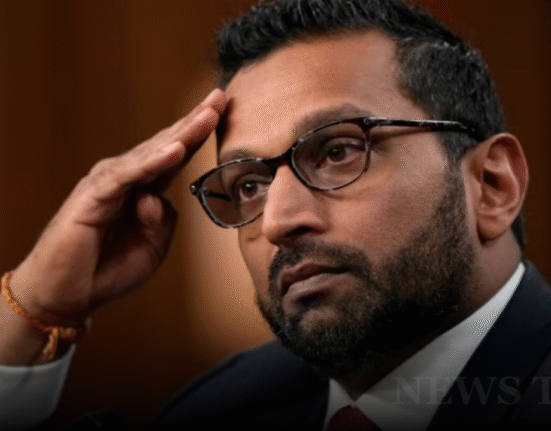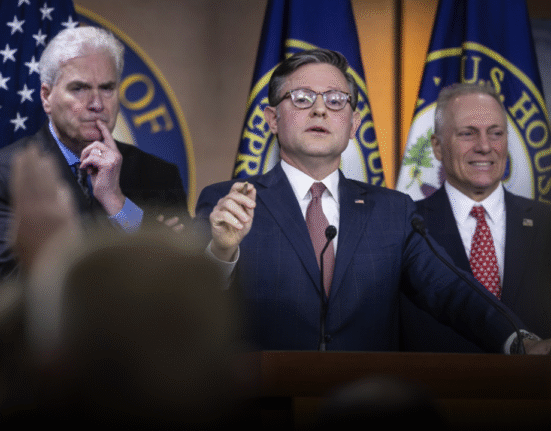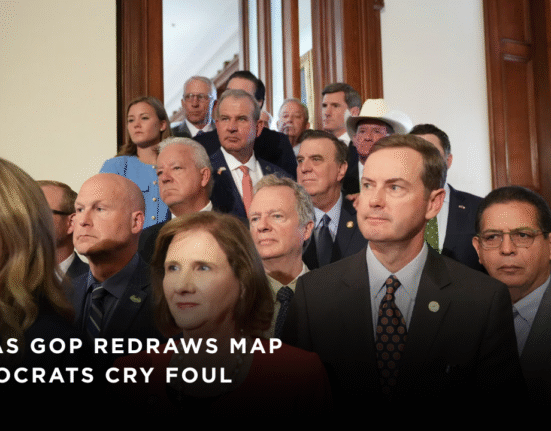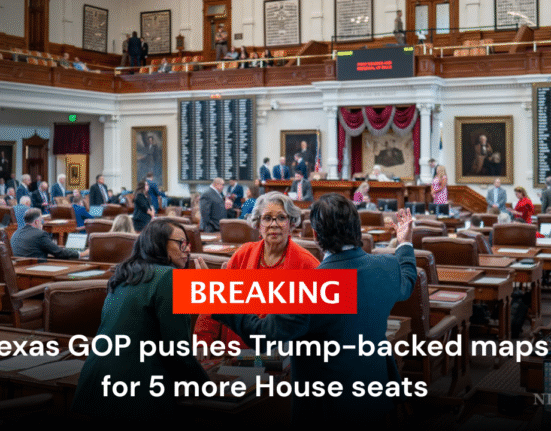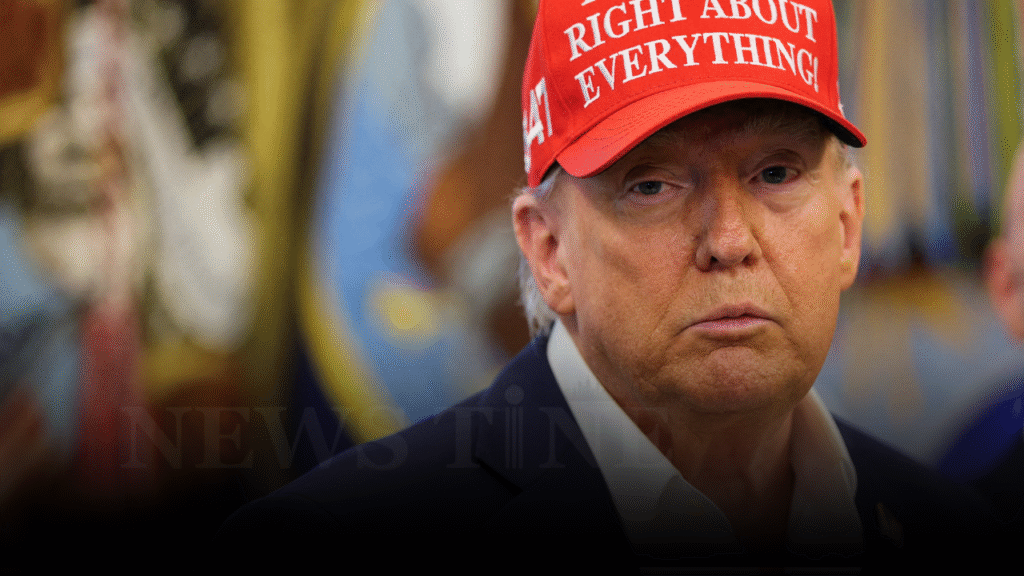
In a bold move that’s already igniting heated debates across the country, Trump signs orders ending cashless bail policies at least where federal leverage allows it. The decision comes as part of his “tough on crime” agenda, a campaign promise that has now turned into a national directive. But while some see this as a long-overdue step toward safer streets, others argue it’s a troubling overreach that unfairly punishes low-income Americans.
What Exactly Did Trump Do?
On August 25, 2025, President Donald Trump issued two executive orders:
- National Order: Directs Attorney General Pam Bondi to identify state and local jurisdictions using cashless bail and determine which federal funds could be suspended or terminated.
- D.C.-Specific Order: Instructs Washington, D.C., police to charge suspects with federal crimes and keep them in federal custody, bypassing the city’s decades-old cashless bail system.
During the signing ceremony, Trump declared:
“Cashless bail, we’re ending it. But we’re starting by ending it in D.C., and that we have the right to do through federalization.”
What Is Cashless Bail and Why Is It Controversial?
Cashless bail also called bail reform is a system where defendants are released while awaiting trial without having to pay money, as long as they promise to return to court.
- Supporters say: It prevents poor defendants from sitting in jail just because they can’t afford bail. Illinois, New Jersey, and California have embraced or expanded versions of this system.
- Critics argue: It puts public safety at risk by releasing repeat offenders and removes a financial incentive for people to actually show up in court.
For context, D.C. has largely eliminated cash bail since the 1990s, making it a prime testing ground for Trump’s crackdown.
Why This Matters Politically
This isn’t just about crime—it’s about politics. With the 2026 midterm elections looming, Republicans are framing crime as a key campaign issue. Trump’s orders serve as a preview of how his administration plans to leverage federal power against Democratic-led cities.
Analysts note that:
- The White House has federalized D.C.’s police force and even allowed National Guard troops to patrol with weapons.
- Trump has openly threatened to expand similar measures to cities like Chicago and Baltimore, both historically Democratic strongholds.
For supporters, this signals decisive leadership. For critics, it’s an alarming centralization of power.
The Human Side of the Debate
Imagine two people arrested on the same charge:
- A wealthy banker accused of drunk driving who easily posts bail and returns home.
- A single parent with no savings, stuck in jail for weeks while awaiting trial for a non-violent misdemeanor.
This inequality is exactly why reform advocates push for alternatives to cash bail. But on the flip side, opponents cite cases where suspects released without bail went on to commit violent crimes.
As one D.C. resident put it during a local news interview:
“It feels like we’re caught between compassion and safety. I don’t want dangerous people out on the streets, but I also don’t think someone should lose their job just because they can’t pay bond.”
What Happens Next?
The Attorney General’s office is now tasked with compiling a list of jurisdictions using cashless bail and identifying which federal funds could be withheld. This process could take months and will almost certainly face legal challenges.
Some potential outcomes include:
- Court battles over federal authority to withhold funds.
- Increased federal custody cases in D.C., leading to overcrowding concerns.
- Heightened political polarization, as states like Illinois and California push back.
Trump’s move to end cashless bail is more than a policy tweak it’s a national flashpoint. Whether you see it as a necessary step toward safer communities or a punitive measure against the poor, one thing is clear: this debate isn’t going away anytime soon.


